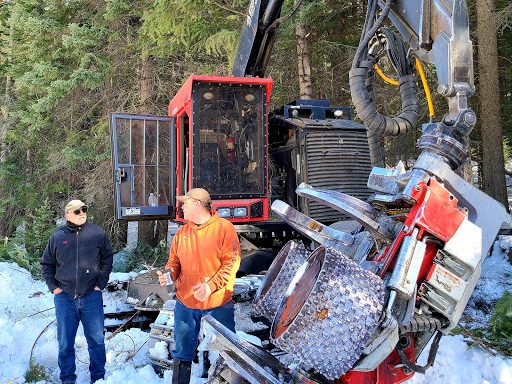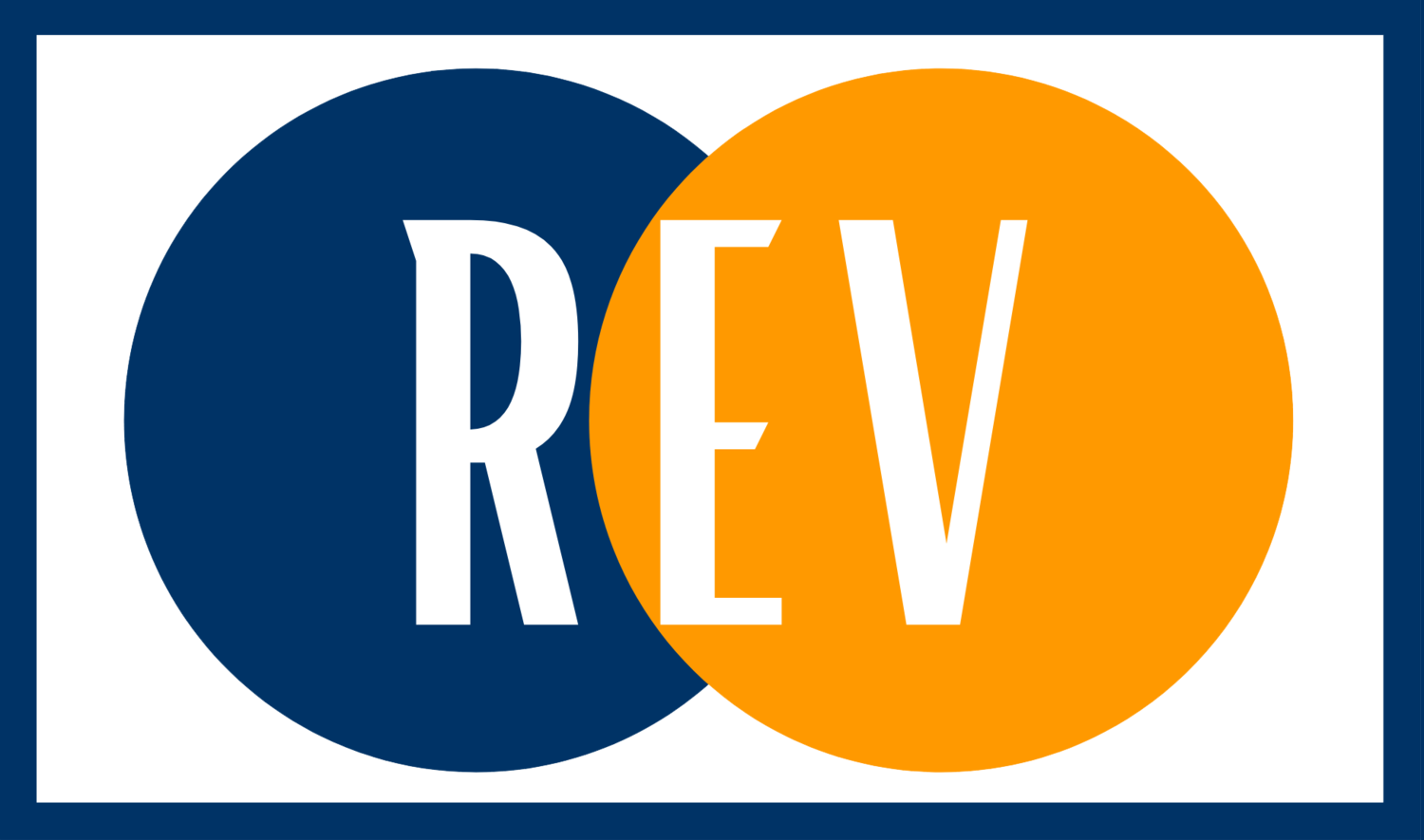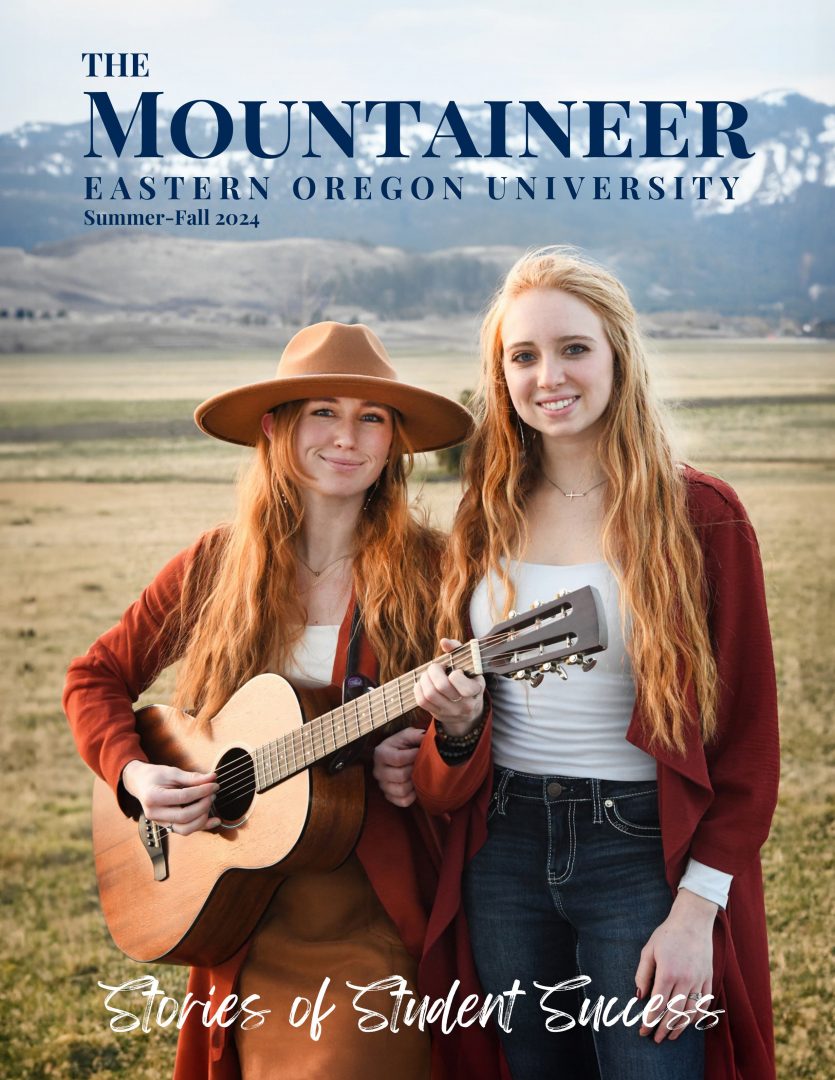Economic research promises better data for rural counties

The Rural Engagement and Vitality (REV) Center, a partnership of EOU and Wallowa Resources, facilitates connections between the university and communities in Eastern Oregon. This year, two professors and two students began developing one of these connections through the Socioeconomic Community Profiles Project.
The profiles, commissioned jointly by the Blues Intergovernmental Council (BIC), Eastern Oregon Counties Association, U.S. Forest Service and Indigenous tribes, reveal potential risk and opportunities in small rural economies.
This project illuminates potential impacts of new forest plans for the three national forests in eastern Oregon. Data analysis compares the relative impacts and economic resilience across 10 counties in Oregon and four in southeast Washington, informing future forest management in the region. Researchers delved into the relationship between national forest management and job creation in Elgin.
“There is always an economic analysis done as part of the forest plan, but it’s more generalized and this data will be specific to our region and even provide some detail about the impact that activities on the forest could have on smaller logging-focused communities, which normally don’t show up in high-level economic analyses,” said REV Center Program Manager Julie Keniry.

Economics professors Peter Maille and Scott McConnell have taken the lead on constructing socioeconomic profiles for each county involved.
“Communities could focus on information our analysis provides to better understand economic vulnerabilities. Some could use it to argue for forest management policies that mitigate a possible economic harm or enhance a possible benefit,” Maille said. “Our basic hope is that the communities and the Forest Service can make better decisions by having better information.”
Grant funding allows two EOU student interns to assist Maille and McConnell with the project.
“What happens in these forests impacts the counties… Changing access or harvest level can change the amount of wood product going through an economy,” Maille said. “We’re trying to model how a given county’s economy will respond to those kinds of changes.”
The results will also feature in coursework for Maille’s classes as real-world examples. He hopes computing each county’s economic resilience will open the door for valuable long-term monitoring of economic change in the rural West.
REV Center connects university, community
A new hub for connecting local leaders with the university, The Rural Engagement and Vitality (REV) Center was founded in January 2020 by EOU and Wallowa Resources.
Businesses seeking interns, agencies in need of data analysis, or city governments in search of expertise and training can partner with EOU faculty, students and services. At the same time, EOU students gain real-world problem-solving experience, hands-on learning, and often a paycheck through internship opportunities.
Executive Director of Wallowa Resources Nils Christofferson sees the REV Center as a realization of the partnership between workforce development and regional universities.
“The REV is nimble, flexible and responsive with capacity to facilitate new initiatives, build partnerships and identify solutions that improve the vitality of Eastern Oregon and develop our rural workforce and the next generation of leaders,” Christofferson said.
Six programs are already operating through the REV Center.
“The suite of projects, from creative arts to social economic analysis, speaks to the breadth of potential the REV Center offers to really be an important vector in economic development,” Christofferson said. “This is not just about making EOU a bigger, better university, but ensuring that EOU is truly supporting and contributing to revitalization in the region.”Learn more about the REV Center at revcenter.org.
